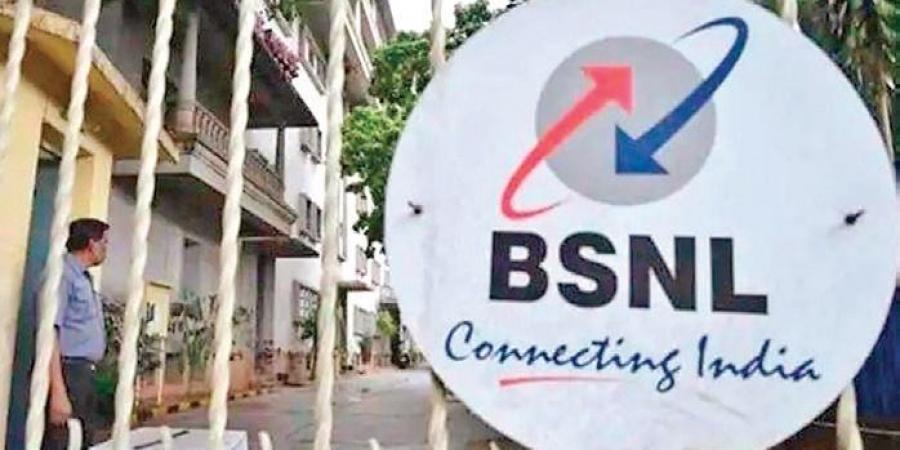BSNL, the state-owned telecom company, is the best example of the inability of the state to run a business. While the private telecom companies have significantly increased their market share riding on the hunger for data consumption in the country, the subscriber base of BSNL has remained largely stagnant and every year it posts a loss worth thousands of crores of rupees.
A case in Madras High Court, for which the decision came yesterday, shows the rampant corruption, inefficiency, and immorality involved in the businesses of BSNL. AS Marimuthu, a resident of Tamil Nadu had purchased a property in Virudhunagar in 1999 for Rs 28,520 to construct a memorial for his father. In 2001, BSNL bought this property from him at a nominal price of 1 rupee in order to build a Telephone exchange and promised Marimuthu to name the building after his late father.
However, it has been more than two decades and the state-owned company is yet to construct the telephone exchange. In 2014, Marimuthu approached the court and after a fight of 7 years, finally, the Madras High Court gave the verdict in his favour.
Justice N Anand Venkatesh of the Madurai bench of Madras High Court noted, “The petition is a textbook example of how the instrumentality of a State (State’s instrument i.e., BSNL) attempted to unjustly enrich itself, and had thereby virtually grabbed the property belonging to the petitioner, one AS Marimuthu. BSNL being an instrument of the State is bound to act reasonably and fairly in its dealings with the citizens. Having induced the petitioner to part with his property, BSNL reneged on its promise to put up a building. The net result is that the petitioner suffered a double whammy,” he added.
The Court directed BSNL to either pay the market rate of the property along with a 9 percent interest rate per annum from 2001 to the petitioner or return the property. The court also said that the purchase contract was “unfair, arbitrary and unreasonable”
BSNL is a grossly inefficient company and when the telcos around the world are moving towards 5G and laying out the plans for taking fiber to the home, the state-owned company is adding 4G infrastructure and spectrum to become competitive with the rest of the incumbents.
However, the government is hell-bent on reviving it and approved a package of around 50,000 crore rupees for the combined entity. Replying to a question in Rajya Sabha, Telecom Minister Ravi Shankar Prasad said, “We consider BSNL and MTNL as strategic assets, as they have come to the aid of the people during natural calamities. There were problems with these companies, but we will revive them soon. Don’t be under this impression that BSNL and MTNL will be shut down. We have infused a revival package in them and I assure you that these companies will not be shut down.”
The best solution for BSNL is to merge with Vodafone. Earlier, the Supreme Court had ruled that telecom companies will have to pay 1.47 lakh crore rupees, and Vodafone Idea, with red all over its financial books, is set to be impacted most. The gross debt of the Vodafone is 1.15 lakh crore rupees and the company has an asset of around 30,000 crore rupees, including cash & market capitalization. If the company goes bankrupt, the lenders to the company, most of which are public sector banks, will bear the losses. If Vodafone Idea is merged with BSNL, the combined entity would have around 42 crore customers with 12 crores of BSNL and 30 crores of Vodafone Idea. This would the combined entity the largest player in the market- a tag Reliance Jio snatched from Vodafone Idea a few months ago. Airtel with 32 crore customers and Jio with 40 crore customers would be way behind the combined entity.
The merger would also save the subscribers of Vodafone, who, otherwise, would have to look for other companies. As India heads for the 5G market, and given the importance of people’s data in future National security and cyber warfare, having a national player with the largest customer share is a good idea. And the government need to spend only 16,000-17,000 crore rupees for that, which is less than the public sector’s bank’s exposure to the company.
